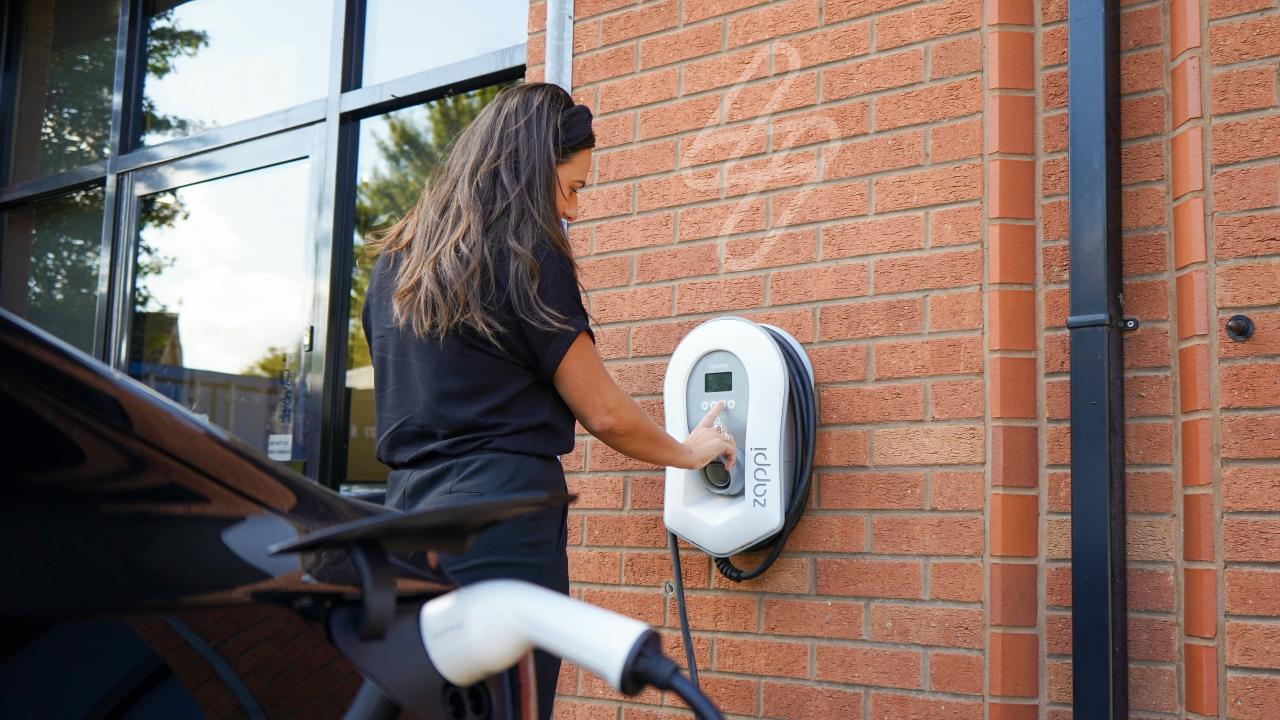Electric vehicles (EVs), particularly all-battery vehicles (BEV) and plug-in hybrids (PHEV), are becoming an irresistible trend due to their eco-friendly nature. In Norway, people are moving towards buying electric vehicles instead of conventional cars. As a result, the sales of the traditional diesel-run or petrol-run car shave dropped significantly in the country.
The automotive and energy sectors’ future stands on sustainable mobility, which is thoroughly supported by used electric cars. The country’s economy also benefits greatly from the use of EVs as fuel costs are reduced and locally produced electricity sources are used instead of the consumption of imported oil.
Different Countries And The Growing Support Of EVs
The government of China has been supporting the use of EVs for the past decade. The country focuses on reducing air pollution and saving the environment through these EVs, which do not use hydrocarbon fuels for their work. During the years 2014 and 2016, it was proposed by the government that from the vehicles bought by both the central or local government workers or officials, 30% of them must be all-electric.
The EV incentive program came to Japan in 1996 and has resulted in increasing sales of EVs over the years. In Germany, the market for electric vehicles is comparatively new but shows a 25% annual growth rate.
Factors Contributing To The Electric Transition
The growing popularity of EVs is only one factor behind the transition to choosing EVs. Another big contributing factor is the availability of fossil fuels leading to the success of internal combustion engine(ICE) vehicles globally. The energy density in liquid fossil fuels is relatively higher than in other energy sources.
Electric cars do not harm the environment as they do not produce lethal emissions and aid in sustainability. On the other hand, the use of ICE vehicles has been posing threats to the environment, the urban areas, and the people residing. ICE vehicles contribute to climate change there through their use of fossil fuels as a power source that increases in the air pollution occurring consequently.
When assessing electric mobility, power generation plays a critical role. Generation of power and determining the level of sustainability will ultimately allow the market to reap the advantages of electric mobility.
Impact Of Used EVs On The Power Industry
The future of the automotive sector is electric cars. Electric cars alone are massive in the power industry, let alone the used electric cars. As the demand for EVs continues to grow, the power price of the market will concurrently change.
Modern EVs exhibit two-way power flux capabilities. EV technology can replace those vehicles or lightweight cars with lower power gasoline requirements. Electricity is indefinitely going to replace fuel energy. The energy efficiency of EVs is far greater than ICE vehicles for the same equivalent amount of fuel source provided.
Currently, BEVs are only being charged at night, but this will change in the future when charging can be done in the daytime as well. Considering all these considerations for electric cars, the impact will be double for used electric cars due to their sustainable nature. Batteries are being designed to last for a long time. Battery recycling will become economically feasible as hybrid cars become more common. Other energy sources, like fuel cells and renewable fuels, are being researched, making the future of hybrid automobiles bright.

